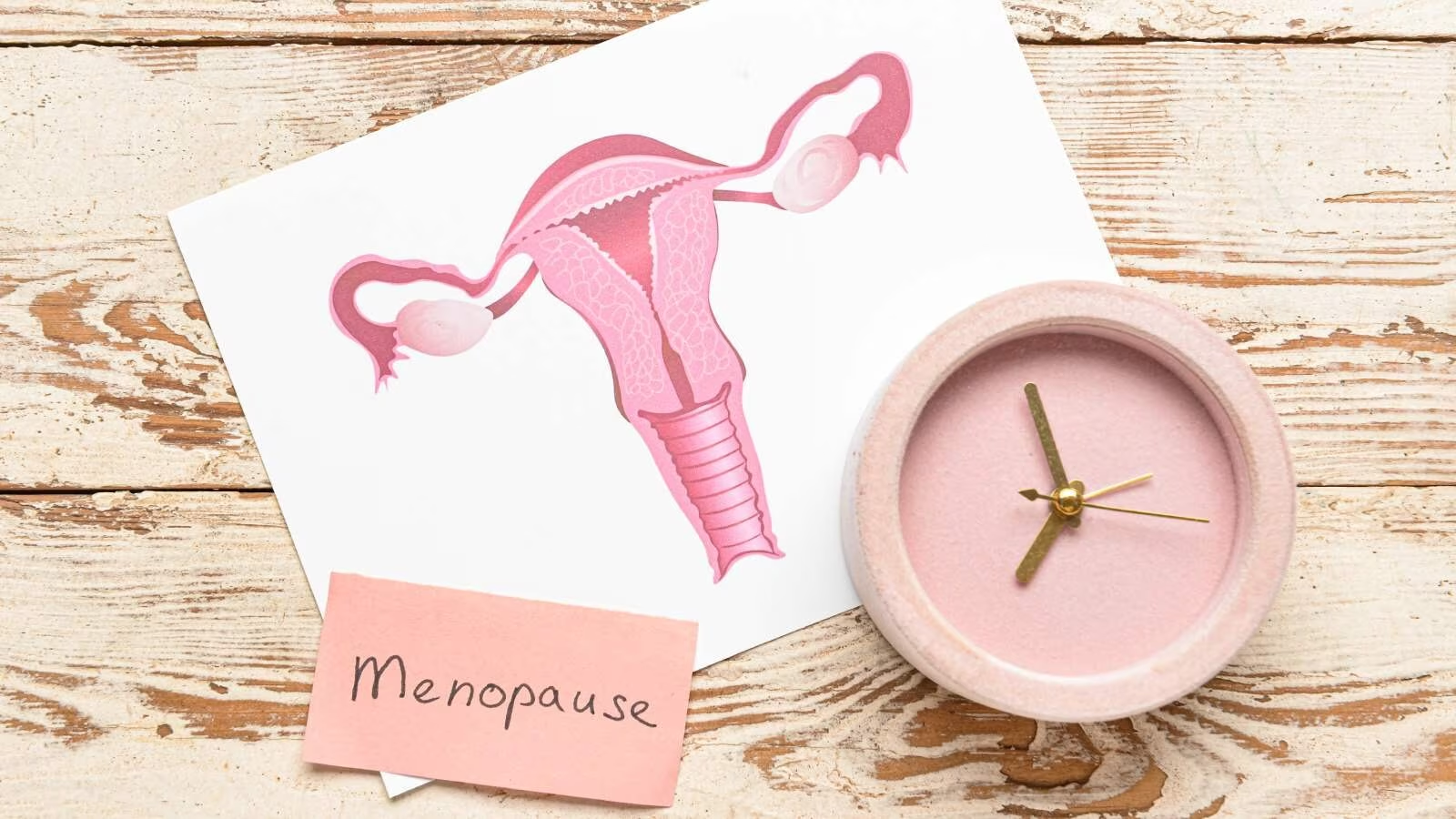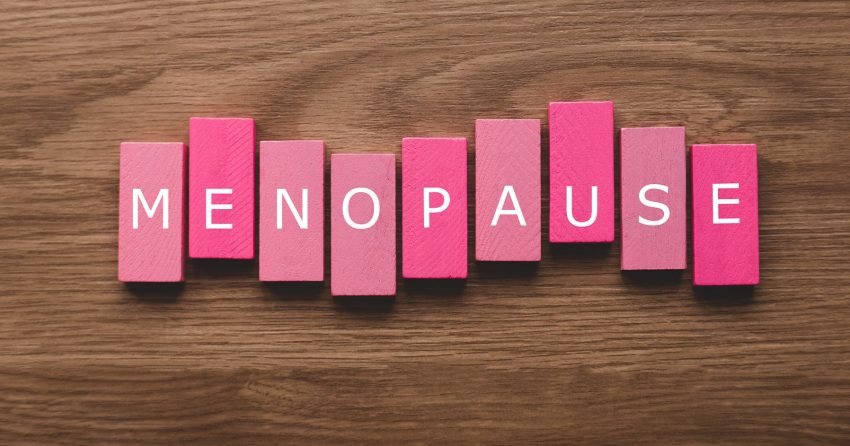How to Manage Menopause Symptoms Naturally
Introduction

Menopause is a natural stage in a woman’s life, marking the end of menstrual cycles. It typically occurs between the ages of 45 and 55, though it can happen earlier or later. Menopause is established after 12 months without a menstrual period. While it is a natural biological process, menopause can bring divers symptoms that can affect a woman’s quality of life. These symptoms include hot flashes, night sweats, mood swings, and vaginal dryness. Many women seek natural ways to manage these symptoms to avoid the potential side effects of hormone replacement therapy (HRT). This article takes a look at various natural strategies to diminish menopause symptoms, focusing on dietary modifications, lifestyle changes, and holistic approaches.
Understanding Menopause
Before diving into natural management strategies, it’s important to understand what menopause is and the common symptoms associated with it:
- Hormonal Changes: During menopause, the ovaries brings out less estrogen and progesterone, leading to various physical and emotional symptoms.
- Common Symptoms: Hot flashes, night sweats, mood swings, sleep disturbances, vaginal dryness, and decreased libido are some of the common symptoms experienced during menopause.
Natural Strategies for Managing Menopause Symptoms
- Dietary Modifications

Nutrition plays an important role in managing menopause symptoms. Certain dietary changes can help alleviate symptoms and improve overall health.
- Phytoestrogens: Phytoestrogens are plant-based compounds that mimic estrogen in the body. Foods rich in phytoestrogens include soy products (tofu, tempeh, soy milk), flaxseeds, sesame seeds, and legumes. Including these in your diet may help balance hormone levels and reduce symptoms.
- Calcium and Vitamin D: Menopause can increase the risk of osteoporosis. Ensure adequate intake of calcium and vitamin D to maintain bone health. Foods rich in calcium include dairy products, leafy green vegetables, and fortified foods. Vitamin D can be obtained from sunlight exposure and foods like fatty fish and fortified dairy products.
- Healthy Fats: Omega-3 fatty acids, found in fatty fish (such as salmon and mackerel), flaxseeds, and walnuts, have anti-inflammatory properties and may help reduce mood swings and depression associated with menopause.
- Avoid Triggers: Certain foods and drinks can trigger hot flashes and other symptoms. Common triggers include caffeine, alcohol, spicy foods, and sugary snacks. Keeping a symptom diary can help identify and avoid these triggers.
- Lifestyle Changes: Making specific lifestyle changes can outstandingly impact the management of menopause symptoms.
- Regular Exercise: Physical activity helps reduce stress, boost mood, and maintain a healthy weight. Engage in regular aerobic exercises (such as walking, swimming, or cycling) and strength training to improve overall well-being and reduce symptoms like hot flashes and night sweats.
- Adequate Sleep: Sleep disturbances are common during menopause. create a calming bedtime routine, keep the bedroom cool, and avoid screens before bedtime to improve sleep quality. Practicing good sleep hygiene can help manage insomnia and night sweats.
- Stress Management: Stress can aggravate menopause symptoms. Practice stress-reducing techniques such as mindfulness meditation, deep breathing exercises, yoga, or tai chi. Regular relaxation practices can improve mood and reduce anxiety.
- Herbal Remedies: Several herbs have been traditionally used to lessen menopause symptoms. While more research is needed, some women find relief using these natural remedies.
- Black Cohosh: Black cohosh is a popular herb for reducing hot flashes and night sweats. It is available in various forms, including capsules and tinctures. Consult with a healthcare provider before using black cohosh, especially if you have liver issues.
- Red Clover: Red clover contains phytoestrogens that may help balance hormone levels and reduce symptoms. It is available as a tea or supplement.
- Dong Quai: Known as the “female ginseng,” dong quai is used in traditional Chinese medicine to alleviate menopause symptoms. It can be taken as a supplement or in tea form.
- Evening Primrose Oil: Evening primrose oil contains gamma-linolenic acid (GLA), which may help reduce hot flashes and improve skin health. It is available in capsule form.
- Holistic Therapies: Various holistic therapies can complement dietary and lifestyle changes to provide additional relief from menopause symptoms.
- Acupuncture: Acupuncture involves inserting thin needles into specific points on the body to improve energy flow and reduce symptoms like hot flashes, night sweats, and mood swings. Some studies suggest that acupuncture can be effective in managing menopause symptoms.
- Aromatherapy: Essential oils such as lavender, clary sage, and geranium can promote relaxation and reduce stress. Diffuse these oils or use them in massage oils to alleviate symptoms.
- Massage Therapy: Regular massages can reduce stress, improve circulation, and alleviate muscle tension. It can also enhance overall well-being and reduce anxiety and depression.
- Support and Education: Emotional and social support is crucial during menopause. Connecting with others who are going through similar experiences can provide comfort and practical advice.
- Support Groups: Join menopause support groups, either in-person or online, to share experiences, tips, and encouragement.
- Education: Educate yourself about menopause and its symptoms. Understanding what to expect can reduce anxiety and help you feel more in control.
- Hydration and Skin Care: Menopause can lead to dry skin and vaginal dryness. Staying hydrated and taking care of your skin can help manage these symptoms.
- Hydration: Drink plenty of water throughout the day to stay hydrated. Proper hydration can help reduce dry skin and improve overall health.
- Natural Moisturizers: Use natural, fragrance-free moisturizers to keep your skin hydrated. For vaginal dryness, consider using natural lubricants or vaginal moisturizers.
Menopause is a natural process with treatments that focus on symptomatic relief. Vaginal dryness is treated with topical lubricants or oestrogen. Medications can reduce the severity and frequency of hot flushes. In special circumstances, oral hormone therapy may be used. Managing menopause symptoms naturally involves a holistic approach that includes dietary modifications, lifestyle changes, herbal remedies, holistic therapies, and emotional support. By incorporating these strategies into your daily routine, you can alleviate symptoms and improve your overall quality of life during menopause. It’s essential to remember that each woman’s experience with menopause is unique, and what works for one person may not work for another. Therefore, a personalized approach, possibly in conjunction with conventional treatments, is often the most effective way to manage menopause. Always consult with a healthcare provider before making significant changes to your treatment plan or introducing new therapies.
